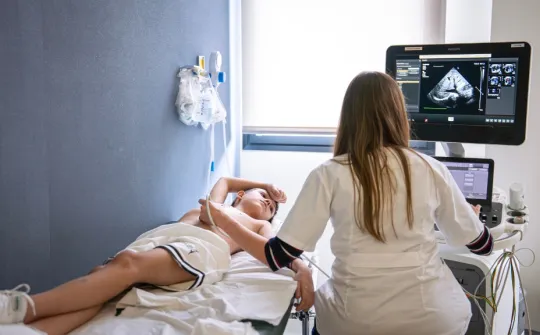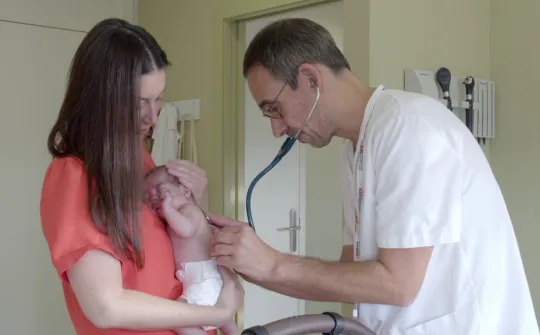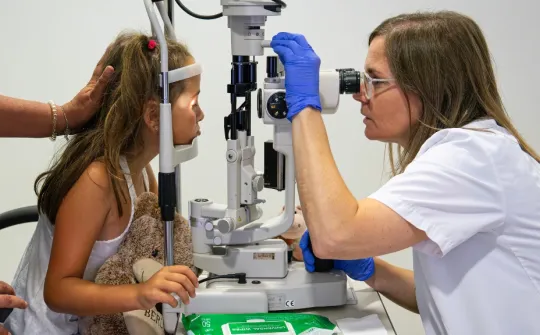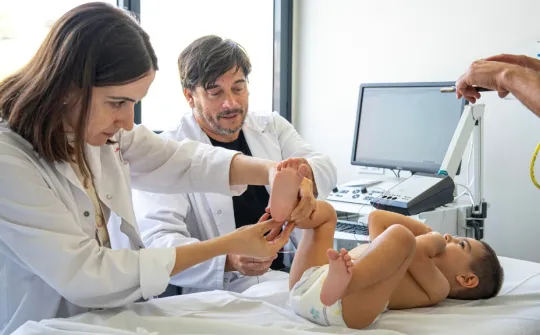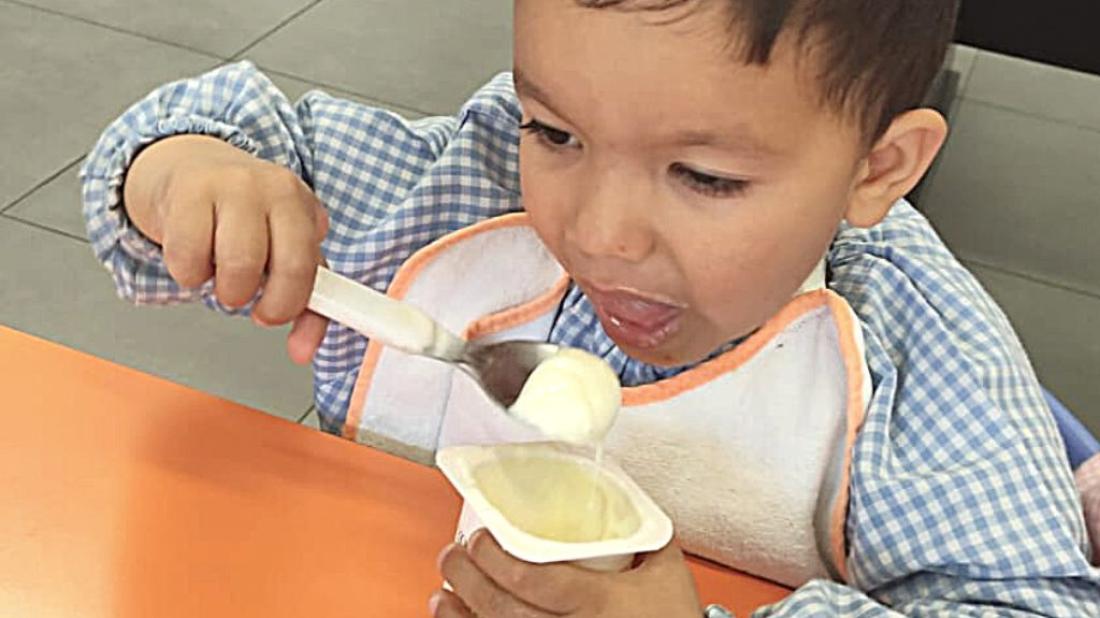
The Pediatric Orthopedics and Traumatology team at SJD Barcelona Children's Hospital perform this treatment every year on dozens of patients from all over Spain
Being born without one or both thumbs is more severe and has more significant repercussions than you may initially think. ‘This finger is crucial for many activities in our day-to-day life. A thumb is what separates us from primates. It allows us to have a precise grip, which is key in being able to write, for example’, explains traumatologist Marisa Cabrera.
It is estimated that one in 100,000 children in the world is born with hypoplasia of one or both thumbs, or with a poorly formed thumb. In some cases, this can manifest on its own, and in other cases, it can be related to a genetic syndrome or disease.
At SJD Barcelona Children’s Hospital, the team in the Orthopedia Surgery and Traumatology Service receive patients from all over Spain. Dozens of patients need ‘pollicisation surgery’, as it's known, every year.
‘From a neurological viewpoint, the index finger cannot do what the thumb can. That's why we have to intervene as soon as possible, because what we want to do is “trick” the brain. To do that, we need to operate on the child when they are around one year old, so we can turn their index finger into the thumb. It’s a complex operation because what we do is relocate the finger and all of its associated structures. Some of these structures, such as bundles of blood vessels and nerves, are very small’, explains Cabrera. After the operation, the child has to attend targeted physiotherapy to train the new thumb finger how to function.
At present, the Orthopedic Surgery and Traumatology service and the Neuromodulation Unit at the SJD Barcelona Children's Hospital are carrying out an investigation to determine what the changes or transformations the child's brain undergoes after pollicisation surgery actually are.
Furthermore, researchers want to determine whether neuromodulation or electrical stimulation of specific parts of the brain can help during targeted therapy to train the finger to carry out its new functions.
David, father of Luis (3 years old)
"My son was born with a very small right thumb because it was missing the phalanx bone. We were immediately referred to SJD, and when he was a year old, they operated. Now he can do any everyday activity without problems".
